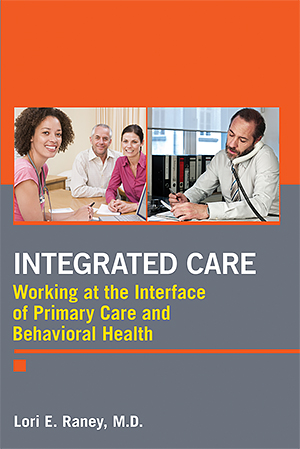Sections
Excerpt
Psychiatrists are an important component of the physician workforce in the United States, but the roughly 40,000 practicing psychiatrists are distributed unequally around the country, and the behavioral health needs of the majority of the population are more likely to be met by primary care physicians and other behavioral health professionals than by psychiatrists (Wang et al. 2005). Across the country, approximately 2 in 10 adults with common mental disorders receive care from a mental health specialist in any given year (Wang et al. 2005). Most of the treatment for these disorders is provided in primary care, where many patients do not receive sufficient doses or duration of medications. Others continue to use medications even if they are not effective for them, rather than having their treatment adjusted, because of lack of regular monitoring and clinical inertia. As a result, as few as 20% of patients started on antidepressant medications in “usual” primary care show substantial clinical improvements (Rush et al. 2004; Unützer et al. 2002).
Access content
To read the fulltext, please use one of the options below to sign in or purchase access.- Personal login
- Institutional Login
- Sign in via OpenAthens
- Register for access
-
Please login/register if you wish to pair your device and check access availability.
Not a subscriber?
PsychiatryOnline subscription options offer access to the DSM-5 library, books, journals, CME, and patient resources. This all-in-one virtual library provides psychiatrists and mental health professionals with key resources for diagnosis, treatment, research, and professional development.
Need more help? PsychiatryOnline Customer Service may be reached by emailing [email protected] or by calling 800-368-5777 (in the U.S.) or 703-907-7322 (outside the U.S.).



